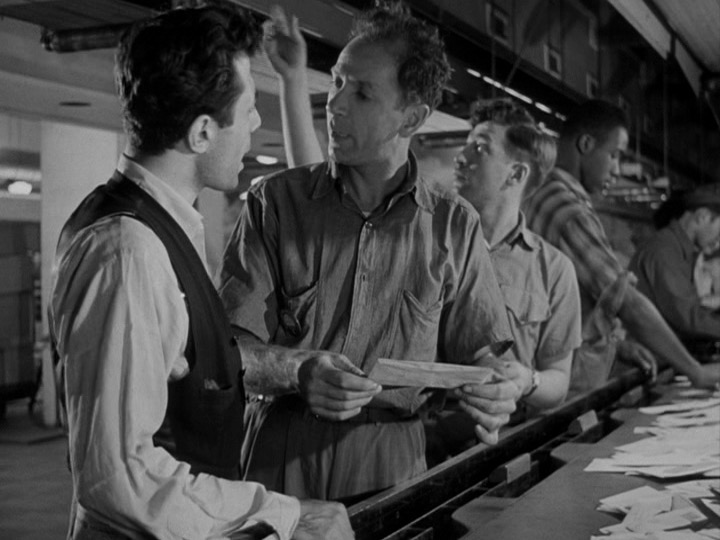The whole concept of “reach and frequency” is one of the benchmarks of all advertising, not just radio. But since we don’t have artwork or a camera to tell part of the story, we have to be mindful of what our words are actually saying.
Yes, the listener needs to hear something a few times for it to penetrate the world he/she lives in, like a contest, a promotion, or a feature you run.
But when it comes to “regular” Content and your vocabulary, you really don’t want to sound repetitive at all. In real life conversations, using the same words, expressions, or “camera angles” over and over again is an indicator of laziness, lack of imagination, and lack of respect for the person you’re talking to.
Those things you “always say” are the ENEMY of communication.
I used to coach a morning show in Dallas with a host who made a little whistling noise every time he played “The Joker” by the Steve Miller Band. (You know, that place at the end where there’s a little “slide” guitar thing that sounds like a whistle.) Whenever that song came up, I really hoped that he WOULDN’T do the whistle – but he always did. Aaarrrggh.
So, if the question is “when does something become stale?” then the answer may as short as “the second time I hear it.” This is NOT something you should ever want the listener to think about.
– – – – – – –
Tommy Kramer
Talent Coach
214-632-3090 (iPhone)
e-mail: coachtommykramer@gmail.com
Member, Texas Radio Hall of Fame
© 2016 by Tommy Kramer. All rights reserved.





